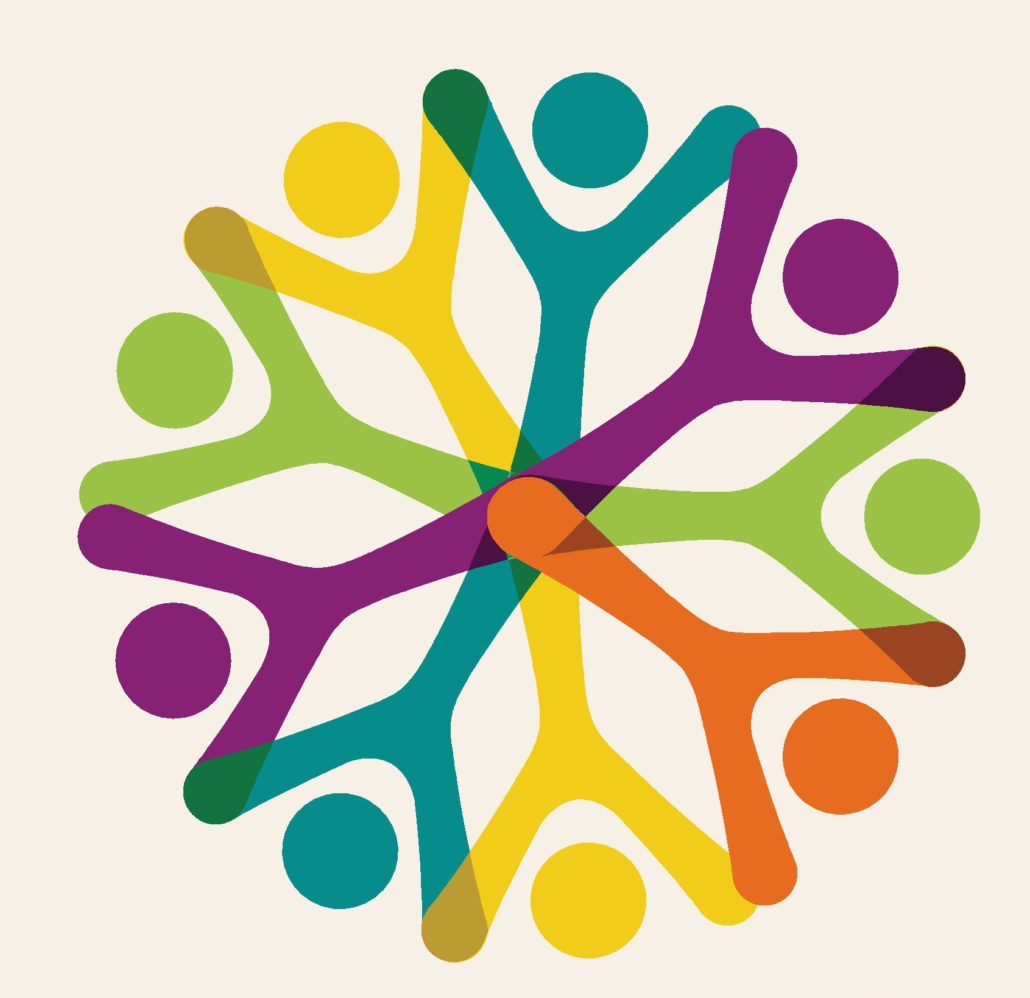From the beginning, our digital humanities committee has made an effort to talk amongst each other every Friday to get a sense of awareness of where we are with our projects. This communication has personally help me when I have tried to decide what I feel would be best for my users on the website. These Friday updates and planning have allowed me to ask questions as well as respond to some of the other committee members’ concerns about my project. In particular, working at one workshop with Macy was extremely helpful when discovering how my website would be navigated by my users. I hope by the end of this week to have more involvement with each member of the committee as they are finishing up their projects. I do wish I engaged a little bit more outside of Friday updates and planning or any other group meetings to talk one on one with different members in hopes to get more feedback. My goal this week is to try to present in front of someone who has yet to see my website in depth and so that I can get differing opinions. In addition to fellow students, working with librarians has helped me learn new digital tools as well as the steps it takes to make a website successful when presenting research. While I have enjoyed my time on Tuesdays and Thursdays working on gathering my research and putting together my website, working alongside my librarian partner, Kevin, has helped me express my concerns and oftentimes rant when I face small issues. Battling with CSS to finding new books for me to search through, Kevin has helped me take my project further than I originally imagined.
Through multiple lunch discussions, I can see myself in the future working on a larger level with the digital humanities community. I see the importance and keeping the humanities alive through the use of digital tools and I like the benefits that come from making research available digitally. Digital humanities advocates for openness, diversity, collaboration, and experimentation, all of which take research further than mere research papers. At this time I do not know how I will be involved with the community in the future but I hope that I can use the tools I learned throughout the summer to contribute in some way. I think my website still has a lot of work but I believe it does help contribute to the DH community. Through my work as a fellow I am showing the importance in the digital humanities and keeping the people program alive by adding my work to the works of past fellows. By collaborating with others, I have learned how to take criticism. By listening to others critiques I am trying to better my website and make sure my research is accurate and presented in a way accessible to every user.
